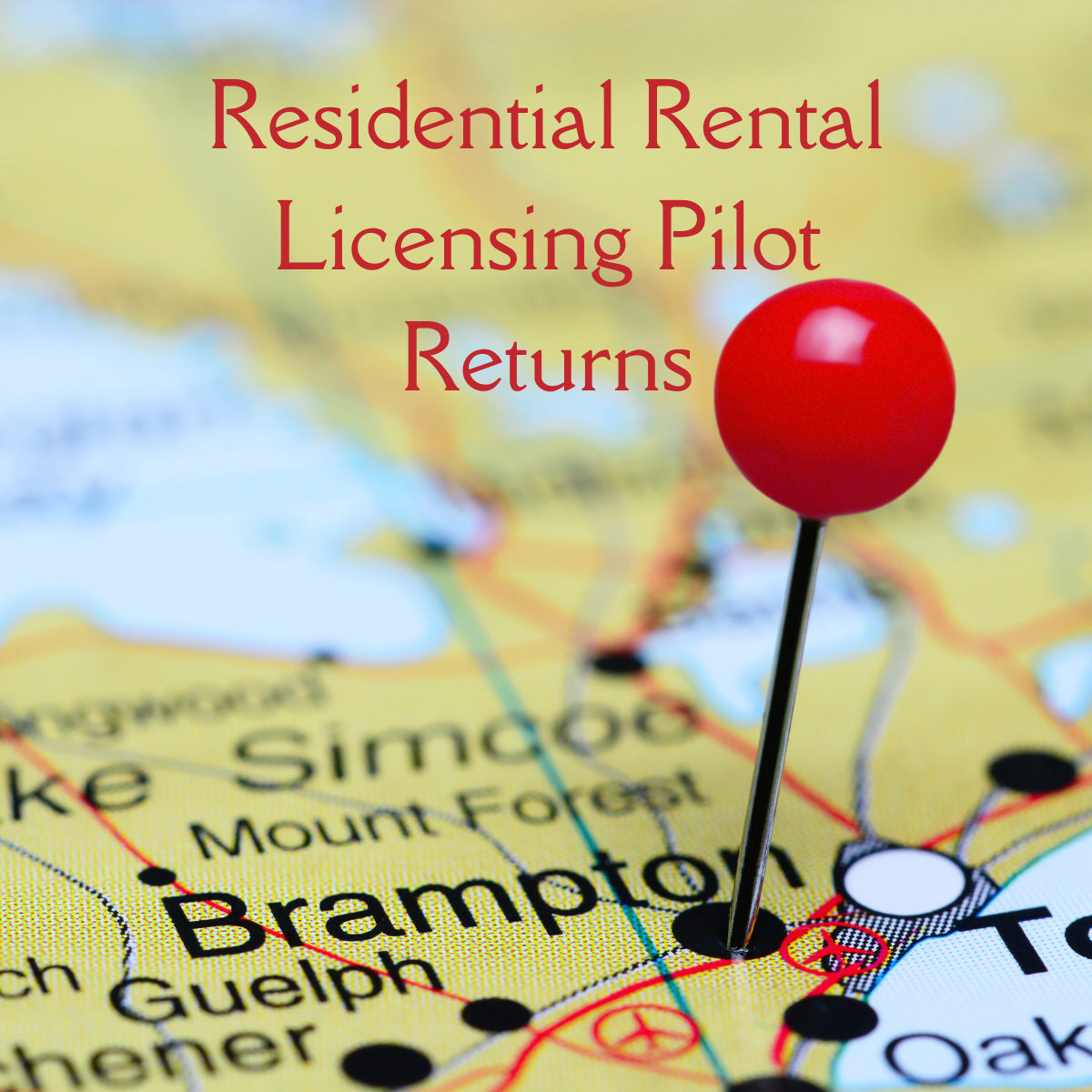
New Brampton Landlord licensing pilot returning to haunt property owners in March
The temporarily paused Residential Rental Licensing is set to resume in March 2024. The pilot launched by the Brampton Council two years earlier was scrapped after protests from property owners and landlords .
The Brampton Landlord Licensing pilot has recently been a point of contention between the Brampton council and the landlords.
The pilot program was introduced on January 1st 2024 as a part of its ongoing efforts to eliminate illegal rental units and rooming houses.
The program requires landlords to get a business license by paying annual fee to the city. Also the property will be required to go through regular inspections.
This proposal was first introduced in 2022. Five electoral wards 1,3,4,5,7 are the most effected by this proposal. Landlords owning properties with four or fewer units are required to meet the licensing process.
Huge influx of international students is said to be the root cause of the housing rental crisis, illegal second units and rooming houses. Brampton property prices and rentals continue to climb at an unprecedented rate.
Recently Mayor Patrick Brown had revealed that 25 students were living in a single basement.
“Earlier this week, there was a unit where 25 students were living in an unsafe fire trap nearby,” Brown told committee of council on Jan. 31, adding city staff estimate there could be as many as 100,000 people living in illegal units across Brampton.
“Our funding in Brampton is based on per-capita from the province and feds. The fact that we have 100,000 people potentially living in illegal units means we don’t get that money, it means the pressure on the health care (system) and the police is exacerbated because of this. If we want money for those services, we need to actually know who is living in these illegal units,” said Brown.
A similar development was recently in headlines when Councillor of Waterloo Mark Harris was appalled when he met an Indian student living in inhabitable conditions with 13 other students in Kitchener and shared the same on social media.
A petition with thousands of signatures and many phone calls directly from the landlords to scrap the RRL did seem to put pressure on the city council, but this time the council stands firm on the relaunch of the new RRL pilot with some changes.
“Complaints regarding the growing number of residential rental units have worsened over the past four years. Crowding, fire safety, overflowing garbage, rodents, overgrown grass, snow removal, excessive parking particularly on lawns and sidewalks, along with other parking offenses, are examples of ongoing issues that residents email and call about on a daily basis to council offices,” read a joint statement from Councillor Rowena Santos, Rod Power and Dennis Keenan following the Jan. 31 meeting.
The city has already in place the changes to the RRL . The current changes are
- Extending the full fee waiver from March 31 to June 30
- Removing the requirement for a criminal record check.
- Accepting the property tax bill as proof of ownership.
- Not requiring condominium apartments or condominium townhouses to obtain a business license.
The city said more changes could be introduced before relaunch in March 2024.
Kulbeer Singh a resident of Ward 4 said, “There have been rampant purchases of properties by investors with deep pockets, just to capitalise on the growing demand for rental housing. Their sole motive is to earn maximum return from their investments that’s why they push in as many people as possible in their properties.
Neelam Mehta, resident of Ward 1 said that, The city council acted very late. The problem was allowed to get out of hand. The Brampton Landlord licensing process should have been implemented long ago. Given the fact that the pilot introduced before saw stiff resistance from the Brampton [property owners leaves me in deep apprehension for the success of the pilot this time”.
For more information about the RRL pilot program please visit, www.Brampton.ca/RRL.

